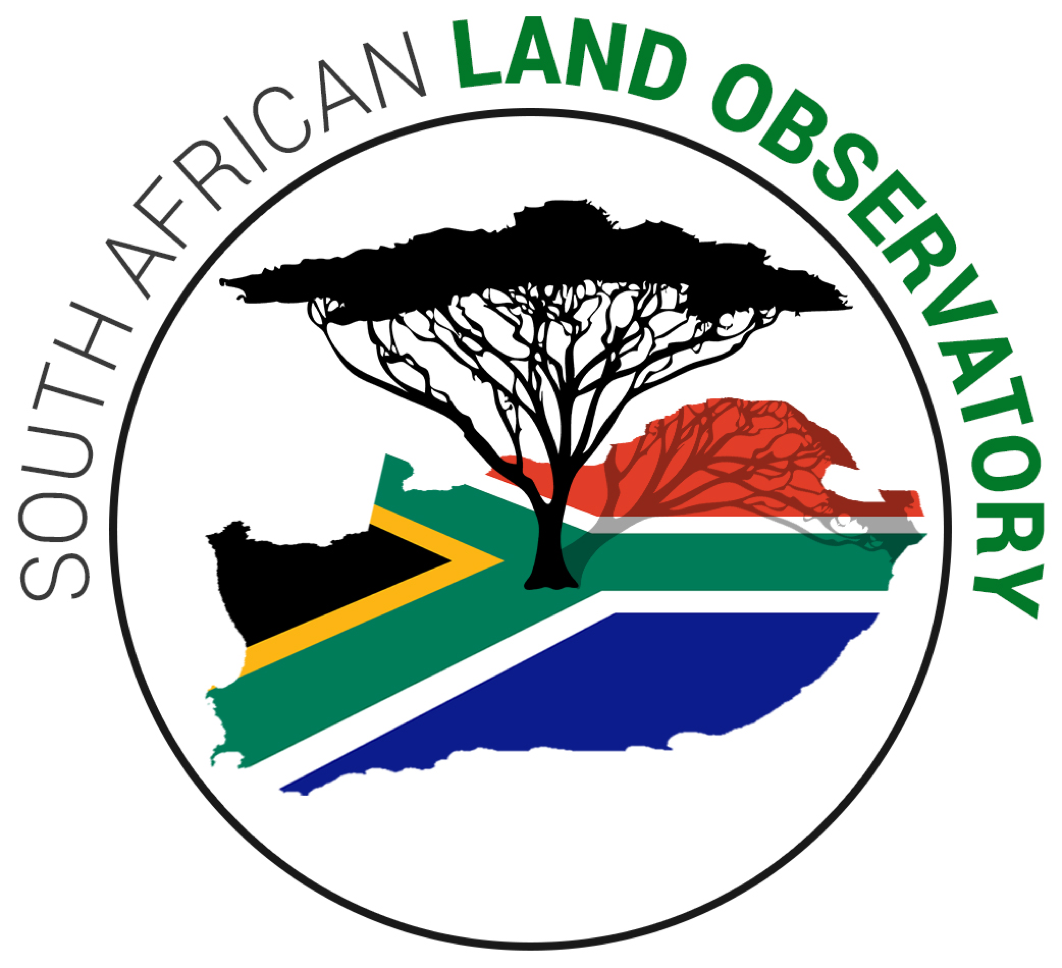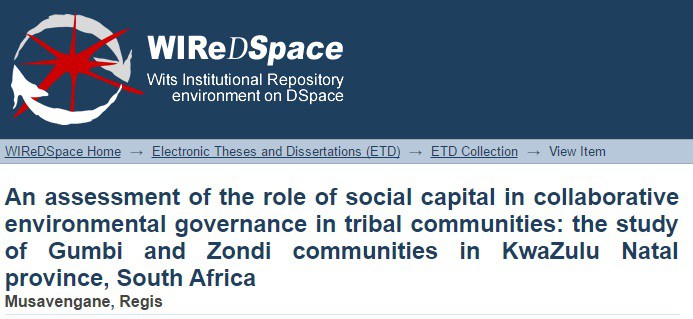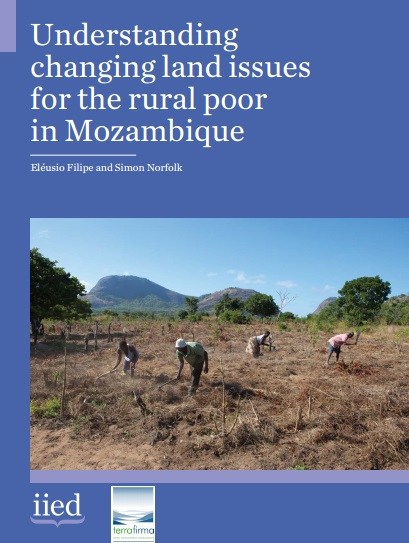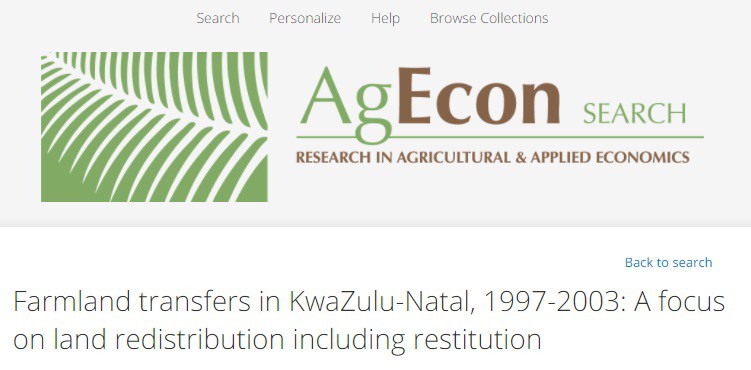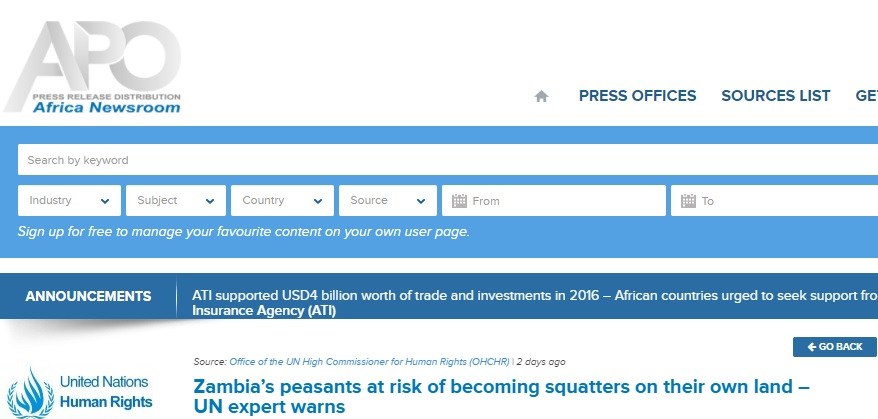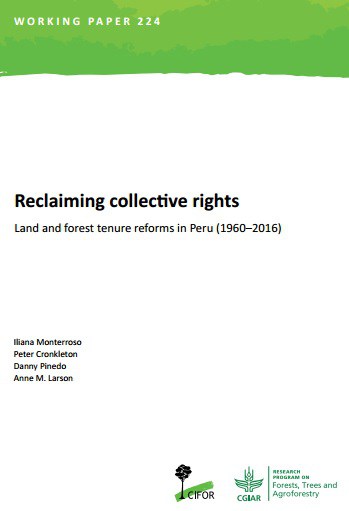Location
The South African Land Observatory is an initiative whose overall objective is to promote evidence-based and inclusive decision-making over land resources in South Africa. As its name ‘Observatory’ suggests, it collects data and information on land. The initiative is a repository of what is published on land in South Africa and on the events that take place around land in South Africa. In addition, it makes user-friendly land-based information available to all stakeholders with the aim of creating an informed land community in South Africa, through facilitating access to data, information and networking. It is, most importantly, a one-stop help desk for the land community to debate the pressing questions of land ownership and land use in South Africa.
Members:
Resources
Displaying 16 - 20 of 110An assessment of the role of social capital in collaborative environmental governance in tribal communities: the study of Gumbi and Zondi communities in KwaZulu Natal province, South Africa
Political transformations in most developing nations have been accompanied by vast land claims by indigenous communities who were forcibly detached from their traditional land during colonisation and apartheid-like dispensations. In the context of sub-Saharan African countries (including South Africa), the need for land reform has been aggravated by the great scarcity of farmland. However, most of the reclaimed land is in areas pursuing conservation activities.
Understanding changing land issues for the rural poor in Mozambique
In Mozambique, changes in land access and use are shaping new landscapes, often at the expense of the poor. Despite progressive land legislation, elite groups and vested interests are consolidating land holdings while peasant producers are being dispossessed of their land and access to fertile plots is becoming increasingly difficult.
Farmland transfers in KwaZulu-Natal, 1997-2003: A focus on land redistribution including restitution
Census surveys of land transactions show that 203,300 hectares of KwaZulu-Natal’s commercial farmland transferred to previously disadvantaged South Africans over the period 1997-2003. This represents 3.8 per cent of the farmland originally available for redistribution in 1994. The annual rate of land redistribution in the province fell from a peak of 1.06 per cent in 2002 to 0.41 per cent
Zambia’s peasants at risk of becoming squatters on their own land – UN expert warns
The push to turn commercial large-scale agricultural into a driving engine of the Zambian economy, in a situation where the protection of access to land is weak, can risk pushing small-holder farmers and peasants off their land and out of production with severe impacts on the people’s right to food,” Ms. Elver said at the end of her first official visit to the country
Reclaiming collective rights Land and forest tenure reforms in Peru (1960–2016)
Peru has formalized property rights for 1,200 indigenous communities in the Amazon. These titled indigenous lands cover over 11 million hectares and represent approximately 17% of the national forest area. Progress has been possible due to multiple reforms that recognized indigenous rights to collective lands, a process characterized by complex and protracted conflicts among competing interests, shifting government priorities and continued resistance by indigenous people to contest efforts that undercut their interests.

